 Get a quote
Get a quote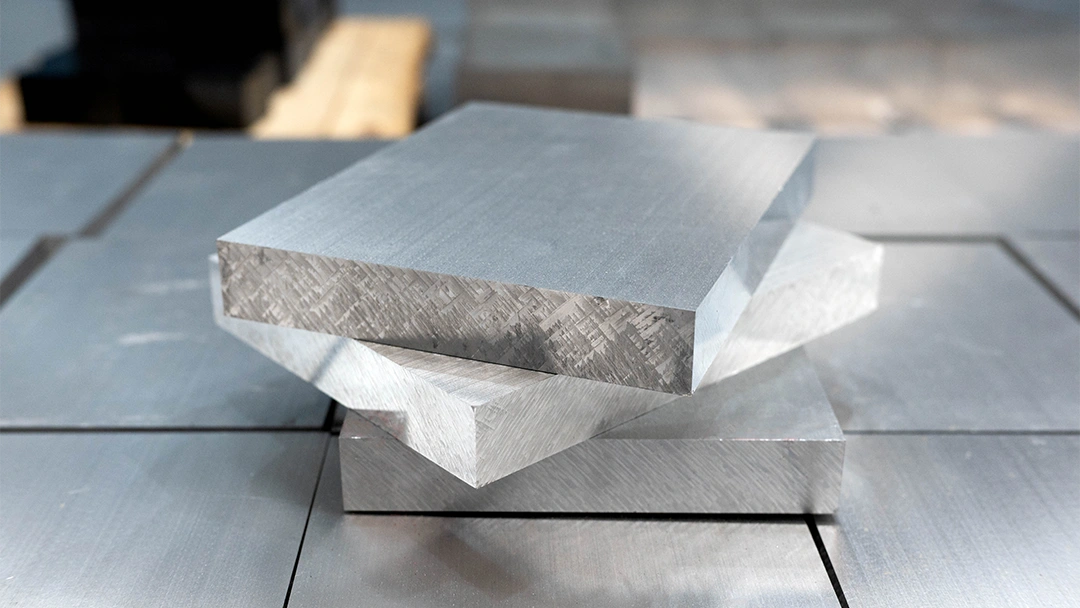
This guide breaks down aluminium vs stainless steel to help you make a confident, cost-effective material choice.

Compare aluminium vs titanium for precision machining. Learn key differences in strength, weight, heat resistance, and machinability to choose the right material.
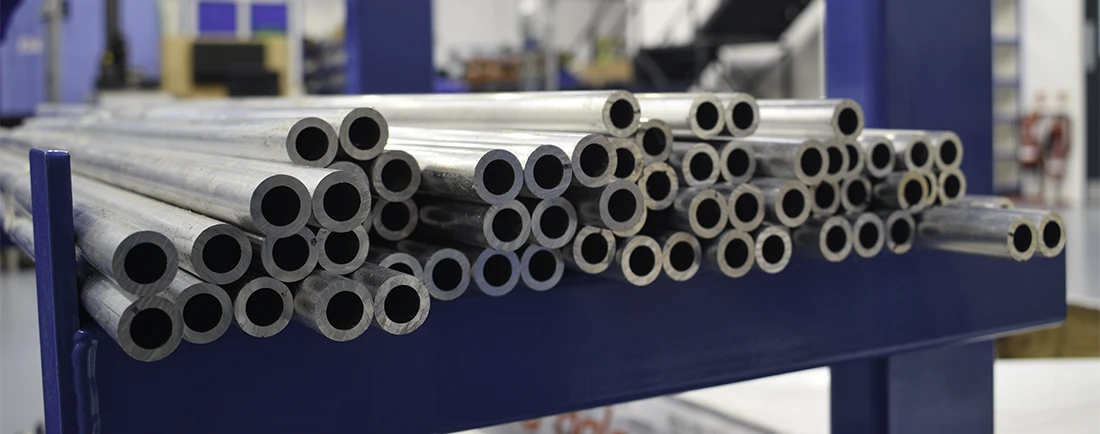
Learn when to use plastic vs metal for CNC machining. Compare strength, heat resistance, cost, and performance to choose the right material for your project.
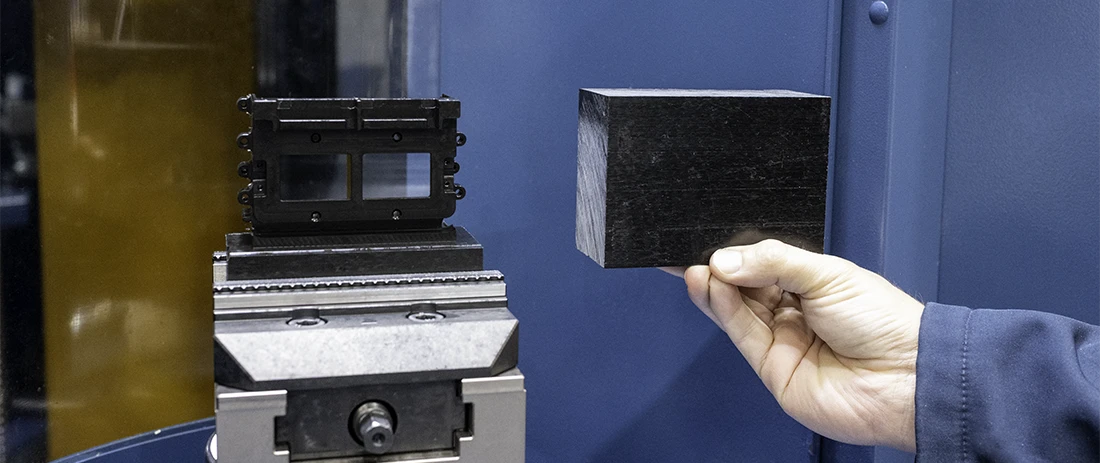
Compare Delrin vs Nylon for CNC machining. Learn key differences in strength, heat resistance, stability, and cost to select the best material for your project.

Discover the key differences between ABS and polycarbonate, including strength, heat resistance, cost, and applications, to choose the right material for your project.
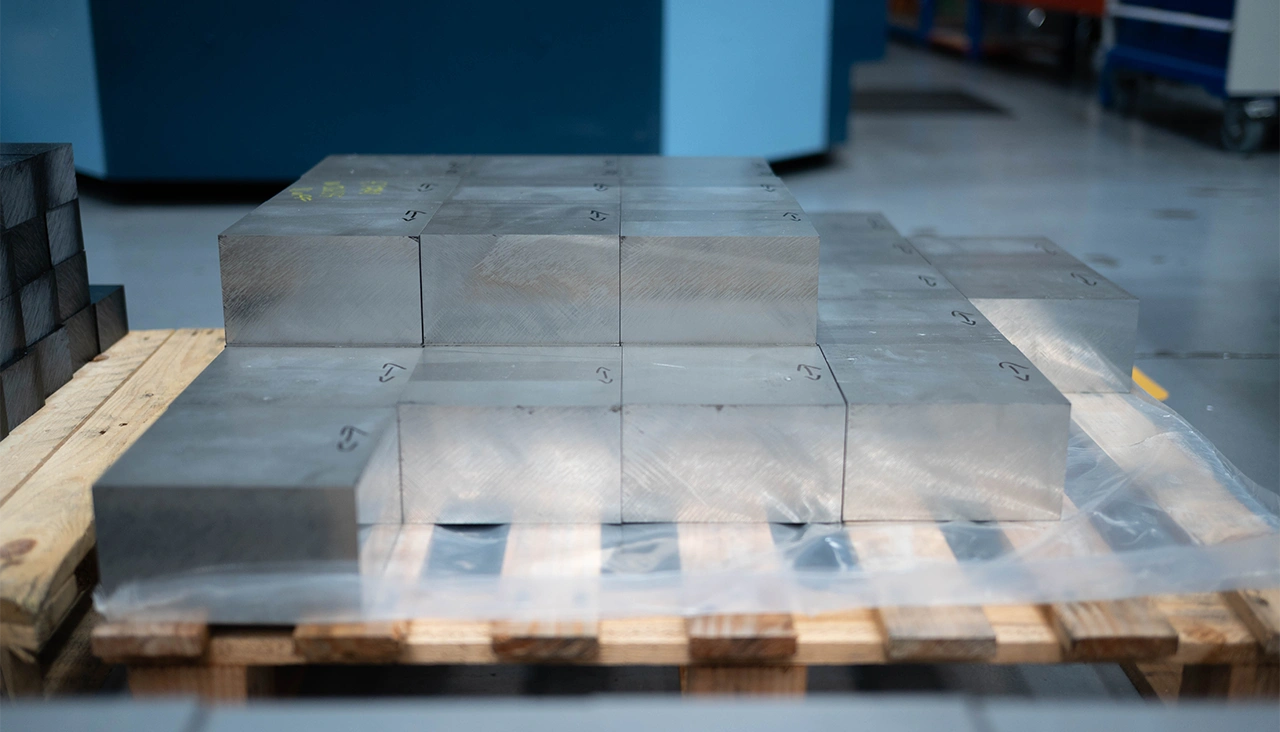
This guide will help you compare titanium vs stainless steel in the areas that matter most.
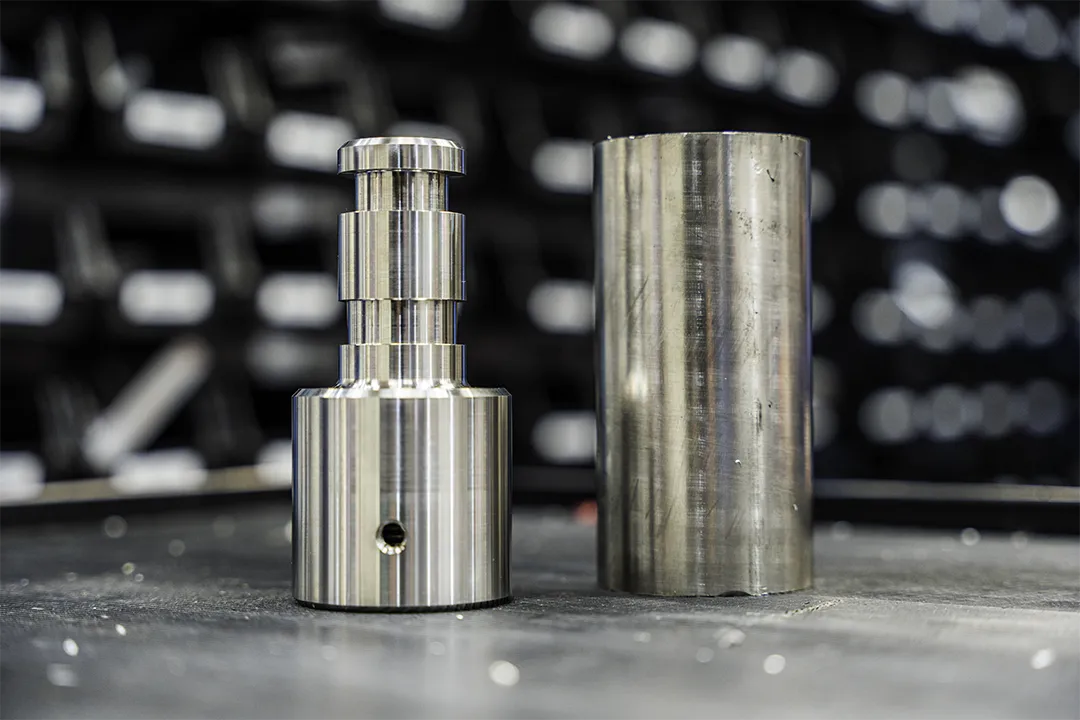
Watch a billet of aluminium go through the CNC turning process to become a complete precision component.
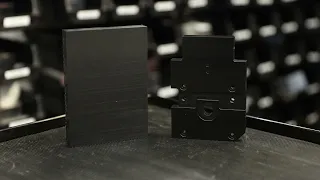
See how we take a block of engineering plastic and turn it into a component for a customer.
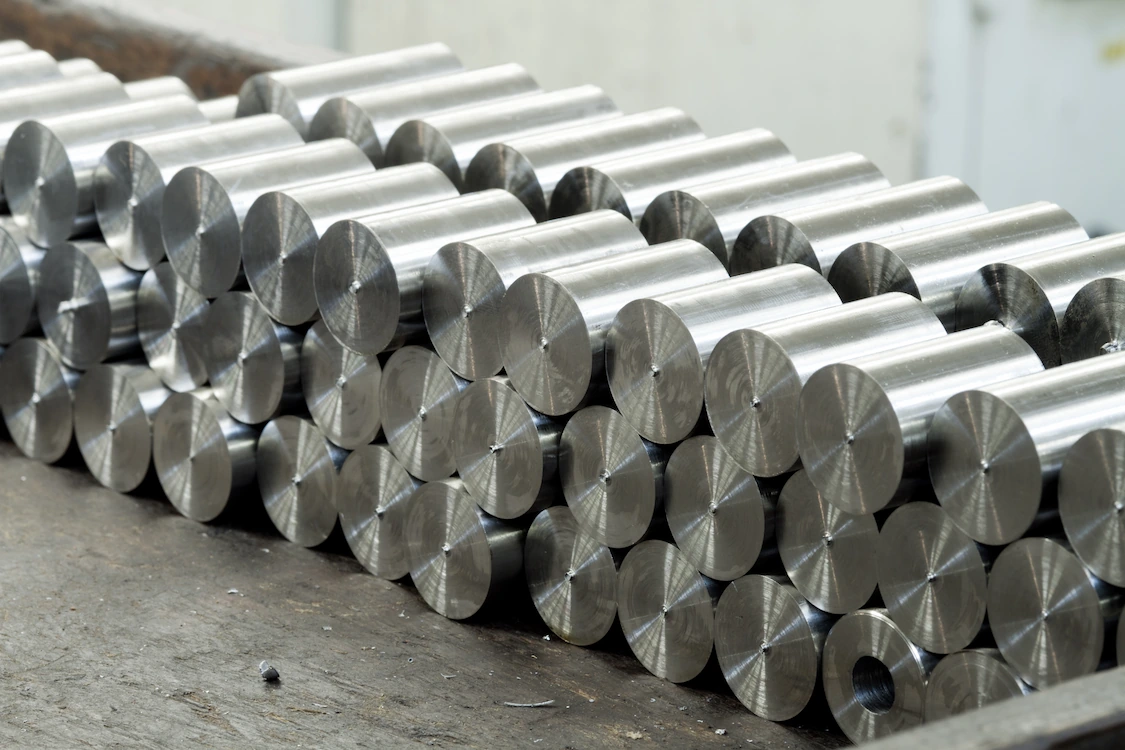
Selecting the appropriate material and grade is among the important early decisions you'll make when designing your CNC machined component. In this blog we look at the most common grades of aluminium, one of the most versatile metals, and the factors to consider to select the best grade for your next project.
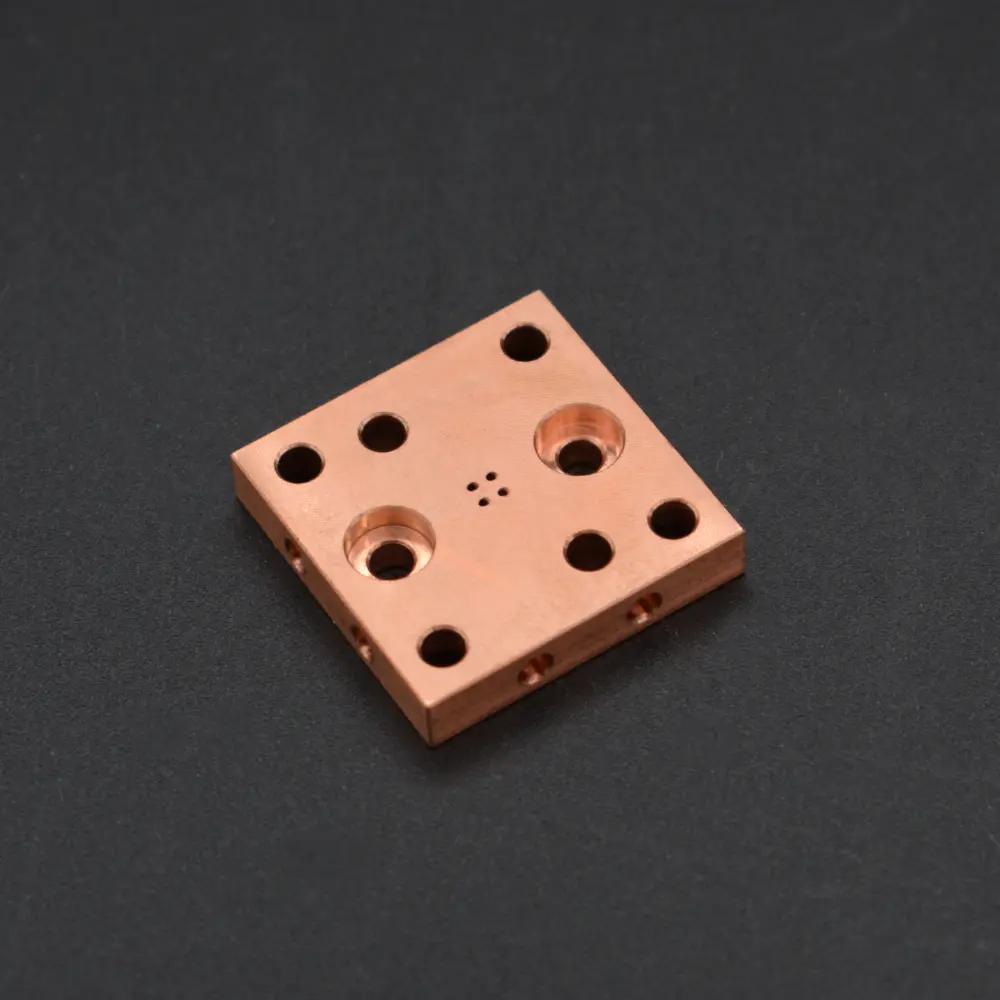
Copper or brass? Brass or copper? If you're in a quandary about which of these two yellow metals to choose for your CNC machined component, you're not alone. In this blog we bring you the lowdown on these two excellent options and will help you compare them side by side.
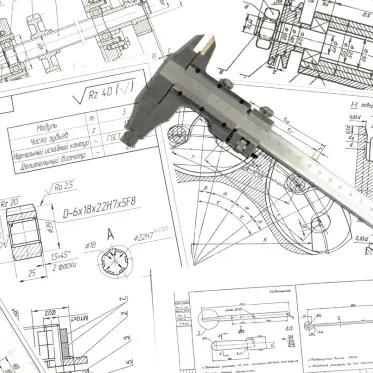
You love the brushed aluminium finish on your top-of-the-range designer laptop. And you want the same finish for the high-end medical device you're specifying. But this may not be as easy as you think. The aluminium grade you want may not be readily available. Or the finishing may require special techniques.

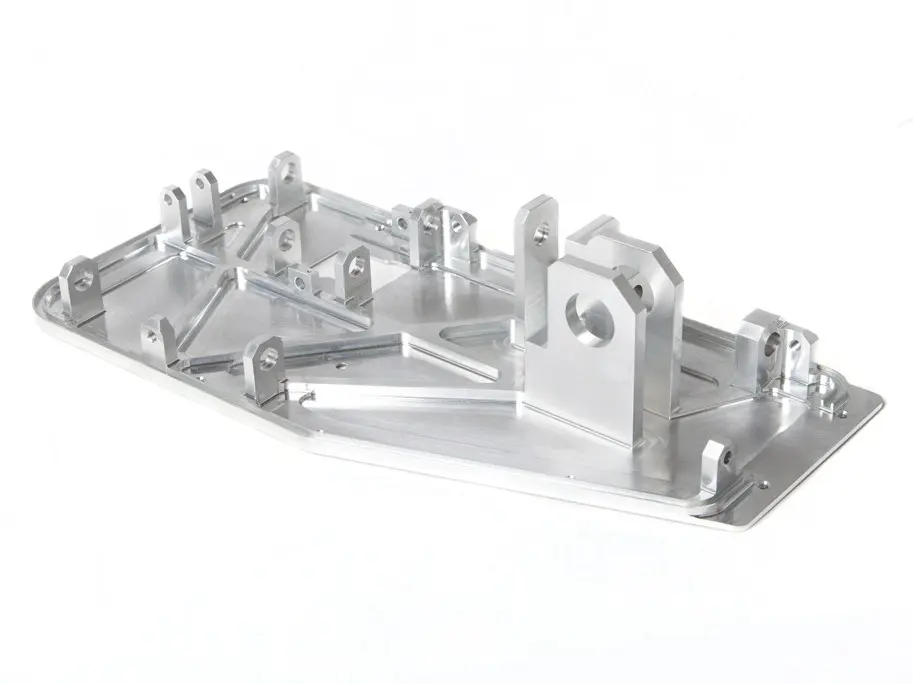
Aluminium is not like stainless steel: there is no one 'stand out' grade that is the first choice for medical devices. There is no '316L' of aluminium. Instead, as a purchaser of medical component machining solutions, you are confronted with a plethora of aluminium grades – any, all or none of which may suit your specific medical application. To suggest that's a challenge is an understatement. But it also offers you a great opportunity to improve quality, consistency and savings. How so? Simply this… you won't be on '316L autopilot' as sometimes occurs in the world of stainless steel medical components.
.webp)
A strategic partnership enabled a leading UK battery solutions provider to secure and grow a long-term contract in the medical equipment industry by expanding its manufacturing capabilities.
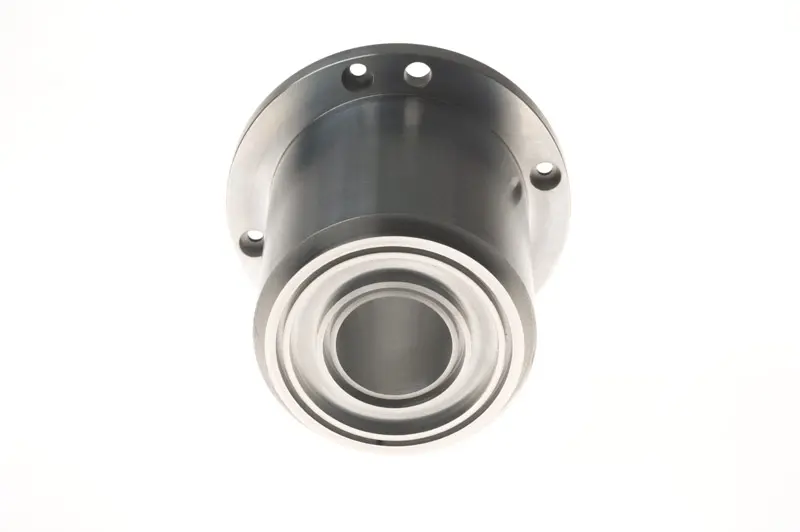
316L is usually the first choice for medical manufacturing but it is not the only stainless steel that is available for healthcare applications. Other grades of medical stainless steel may be better suited for your purposes and/or more cost effective. But let's start with 316L. Here is why it is the 'go-to' stainless steel for most medical applications…
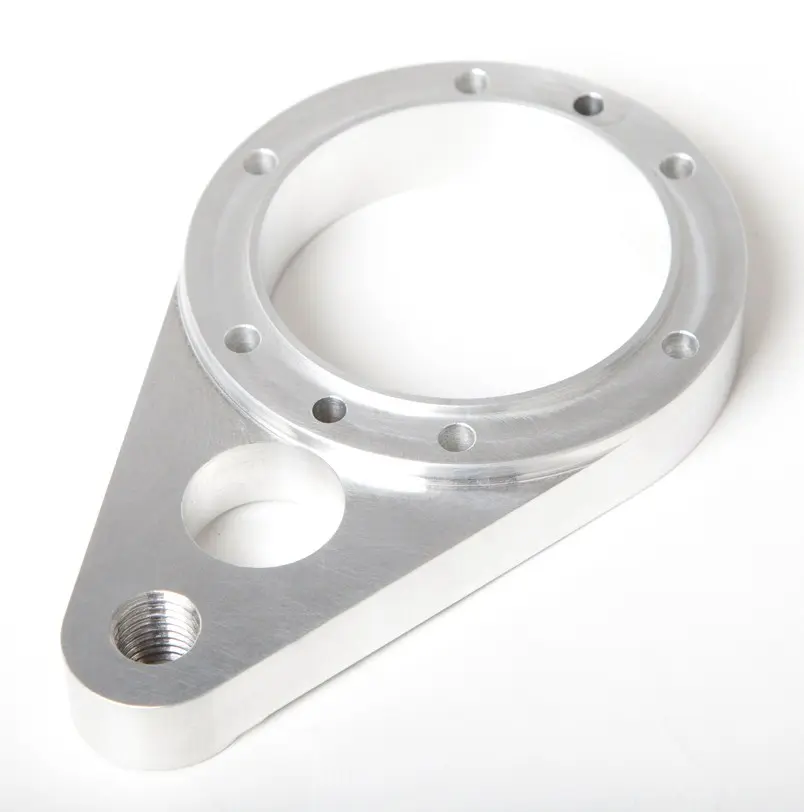
Penta helps with an urgent request for a nozzle clamp to be manufactured in aluminium tooling plate for a manufacturer of food processing and packaging machinery systems for international, blue chip organisations.
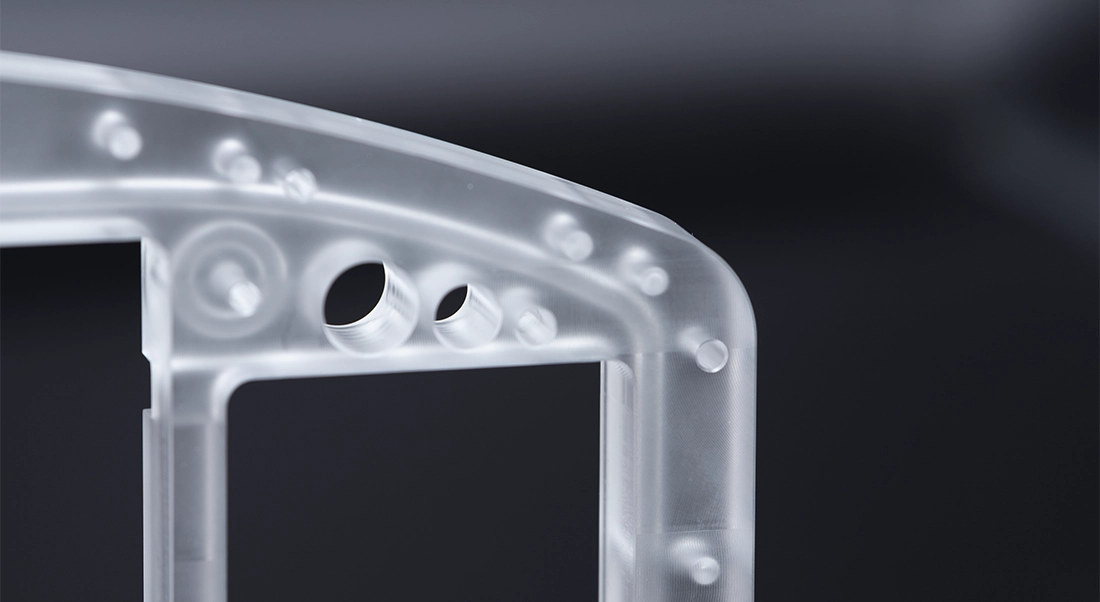
Plastics can be harder to machine than metals: they can be less forgiving. Machining plastics requires specialist expertise – the kind that comes only with years of experience. But that's just half the battle. Not every plastics machining specialist has the experience needed to meet the stringent requirements of medical equipment OEMs. Choosing the right machining partner for medical applications is vital to ensure quality, consistency, validated processes and traceability of materials.
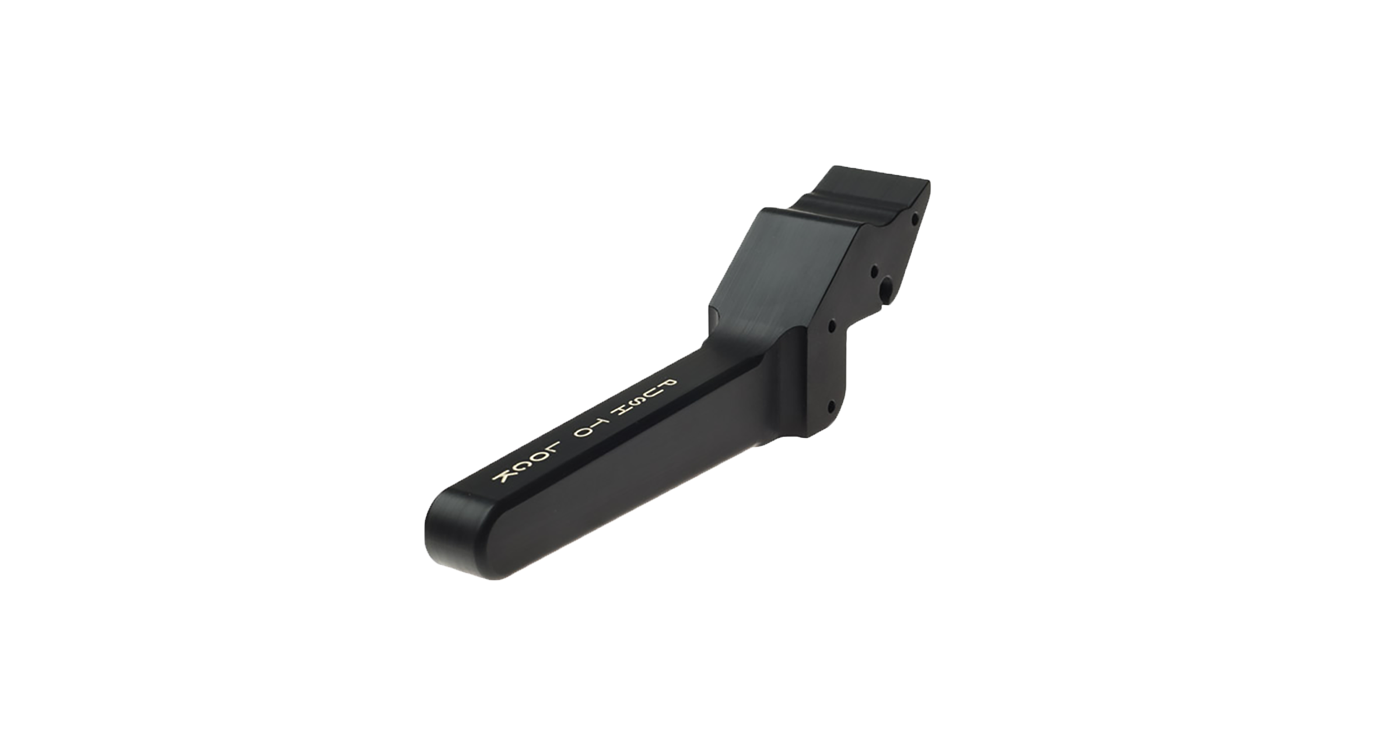
Penta's aluminium and plastic machining capabilities helped relieve the project strains of a fast moving motorsports manufacturer in the UK by providing parts at short notice and exact to specification.